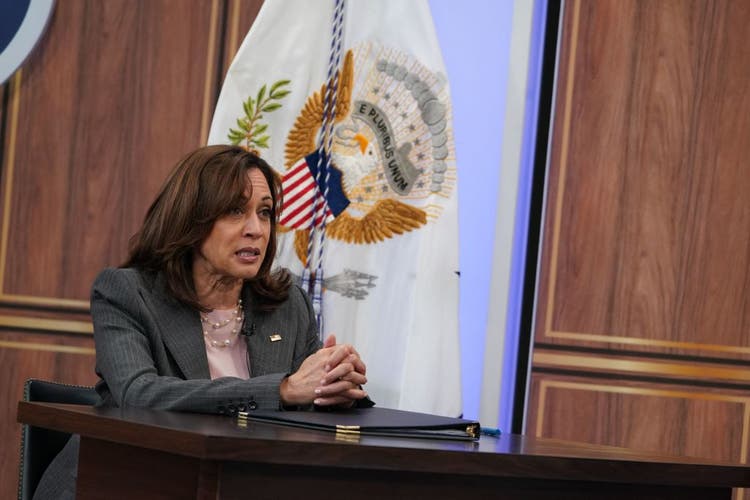
The United States is changing. According to research, 2010 to 2020 was the first decade in U.S. history that the minority population outpaced the white one. This change is no more apparent than in our politics, both locally and nationally. On this week’s episode of “Love & Respect with Killer Mike,” Emory University Professor and political commentator Andra Gillespie discusses how the changing landscape of U.S. politics is being reflected in the increasingly competitive state of Georgian politics.
2022 is a midterm election year. In the past, that may not have been a cause for excitement. But, more people than ever are tuning in to races, especially in battleground states such as Pennsylvania, Wisconsin and surprisingly, Georgia. Though the southern state has traditionally been a Republican stronghold, that’s not the case anymore. According to Gillespie, multiple factors contribute to the state’s political shift, including a more diverse population. She says, “Georgia is a racially and ethnically diverse state, and it’s become increasingly so in the last 20 years…we see evidence of reverse migration (African Americans)…in the last decade, we’ve seen an increase of a large Latinx and Asian American population.” That’s in stark contrast to other states with a large Black population that remain staunchly Republican, such as Mississippi or Alabama.
Liberal grassroots groups and the Democratic party have also dedicated resources to reach Georgia’s voting population, which is another contributing factor, the Emory professor shared. She says, “What we’ve seen happen is that there is concerted mobilization by groups that might be nonpartisan but may be viewed as being sympathetic to the Democratic Party and a more concerted effort by the Democratic Party of Georgia.” Groups such as The New Georgia Project, Black Voters Matter and the Georgia Coalition for the People’s Agenda utilize on-the-ground events, phone banking and other methods to reach underrepresented voters who might already be democrats, but were not voting in the past. These efforts are largely led by Black women, which leads to another timely discussion that affects Georgia and the entire Country: What about Black male voters?
NBC poll exit data shows a worrying trend of the Democratic Party slowly losing Black male voters since 2008. Highly visible campaigns of Black male conservatives like former Georgia House of Representatives Vernon Jones and 1982 Heisman Trophy Winner Herschel Walker might be echoing a group that feels left behind by the Democratic party. According to the author, this isn’t so black and white. Gender equity and the historical legacy of Black women leaders have to be taken into account. She shares, “By talking about the importance of Black women, in part, that is reflecting the fact that there are gender gaps even in Black communities.” According to Gillespie, there is also the issue of disproportionately higher rates of Black men in the criminal justice system, which further skews their voting numbers. She adds, “When people are justice-involved, they can’t vote. When you’re not quite done with your probation, you can’t vote.” That moves the spotlight to Black women even though the criminal justice system impacts both genders.
Regardless of your political affiliation, misinformation has grown into a huge problem for both voters and politicians vying for their support. Social media and an influx of biased media sources are making it more difficult than ever to weed through what’s real and what’s propaganda. The political commentator is of the mind that engaging in civic discourse is one of our greatest assets as we battle misinformation. She says, “You don’t have to watch the news all day, but do need to watch it every day, you need to be up on the issues, you need to be reading a good paper…reading your local paper.” As this country continues to evolve, the political landscape will evolve along with it. Understanding the issues, being involved in your community, and exercising your right to vote are just a few of the vastly important ways you can contribute positively to that change.